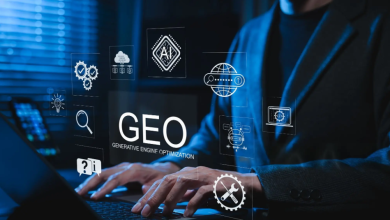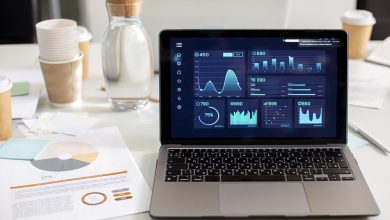Top Reasons You Might Need a Live Scan Background Check

If you’ve ever applied for a job, a professional license, or volunteered with a nonprofit, you may have been asked to undergo a Live Scan background check. This quick and secure process is becoming more and more common, especially in professions or roles that involve vulnerable populations, sensitive information, or positions of public trust.
But why exactly is Live Scan required in these situations? And what kinds of roles typically need it?
In this blog post, we’ll explore the top reasons individuals are required to complete a Live Scan background check and what you should know if you’ve been asked to do one.
What Is a Live Scan Background Check?
Live Scan fingerprinting is a digital method of collecting fingerprints and submitting them electronically to government agencies, such as the Department of Justice (DOJ) or Federal Bureau of Investigation (FBI), for the purpose of conducting a criminal background check. Unlike traditional fingerprinting methods using ink and cards, Live Scan is cleaner, faster, and more accurate.
The scanned fingerprints are cross-checked against databases to identify any past criminal convictions, arrests, or other reportable offenses.
1. Employment in Sensitive Fields
One of the most common reasons people undergo a Live Scan background check is employment, especially in positions that require a high degree of responsibility or access to sensitive information. Certain industries are more likely to require Live Scan, including:
- Healthcare (nurses, medical assistants, technicians)
- Education (teachers, administrators, school employees)
- Finance and banking
- Law enforcement or security
- Government or civil service positions
These industries often work with children, the elderly, patient data, or secure facilities, making background checks essential to maintaining public trust and safety.
2. Professional Licensing or Certification
Many state licensing boards require a Live Scan background check before issuing a professional license. This helps ensure that applicants meet character and safety standards. Professions that often require Live Scan include:
- Real estate agents
- Contractors
- Private investigators
- Pharmacists
- Nurses and medical professionals
- Attorneys and legal aides
Each profession is regulated by a different agency, so the specific Live Scan requirements may vary—but all share the common goal of protecting the public.
3. Volunteer Positions with Vulnerable Populations
Organizations that work with children, the elderly, or people with disabilities often require Live Scan checks for their volunteers. Even if a position is unpaid, many states have laws requiring fingerprint-based background checks to ensure the safety of participants. Common examples include:
- Youth sports coaches
- School or classroom volunteers
- Mentors and camp counselors
- Volunteers at hospitals, nursing homes, or shelters
Requiring Live Scan for volunteers helps nonprofit and community organizations maintain a secure and trustworthy environment.
4. Adoption and Foster Care
Becoming a foster or adoptive parent involves more than just an application—it also includes a thorough screening process, which typically requires a Live Scan background check. This ensures that children are placed in safe, stable homes. Anyone living in the household over a certain age may also be required to complete Live Scan fingerprinting as part of the home study.
5. Immigration or Visa Applications
In certain cases, individuals undergoing immigration, citizenship, or visa applications may be asked to submit a Live Scan background check. This can help verify an applicant’s identity, criminal history, and legal eligibility.
Depending on the type of visa or immigration process, Live Scan may be requested by a federal agency such as U.S. Citizenship and Immigration Services (USCIS).
6. Legal or Court-Ordered Requirements
Some individuals may be required to complete a Live Scan background check as part of a court case or legal matter. Examples include:
- Custody disputes
- Guardianship applications
- Legal name changes
- Expungement or record clearance processes
Courts may order a background check to assist in making informed legal decisions.
7. Business Licensing
If you’re starting a new business or applying for a license in a regulated industry, such as cannabis sales, security services, or child care, you may be required to complete a Live Scan check. This ensures that business owners and operators meet the state’s character requirements.
What to Expect If You Need One
If you’ve been told you need a Live Scan background check, here’s what you’ll need:
- A Live Scan request form (typically provided by the requesting agency)
- A valid government-issued ID
- Payment for the Live Scan service fee and background check processing fee
The process typically takes 10–15 minutes, and results are submitted electronically to the appropriate agency for review. You won’t receive a copy of the results directly unless specifically allowed.
Final Thoughts
Live Scan background checks are a vital tool for keeping workplaces, schools, and communities safe. Whether you’re applying for a license, starting a new job, or volunteering your time, being asked to complete a Live Scan isn’t a sign of mistrust—it’s a standard part of modern safety protocols.
Understanding why they’re required—and how the process works—can help you stay one step ahead, prepared, and professional. We recommend Newport beach livescan.




